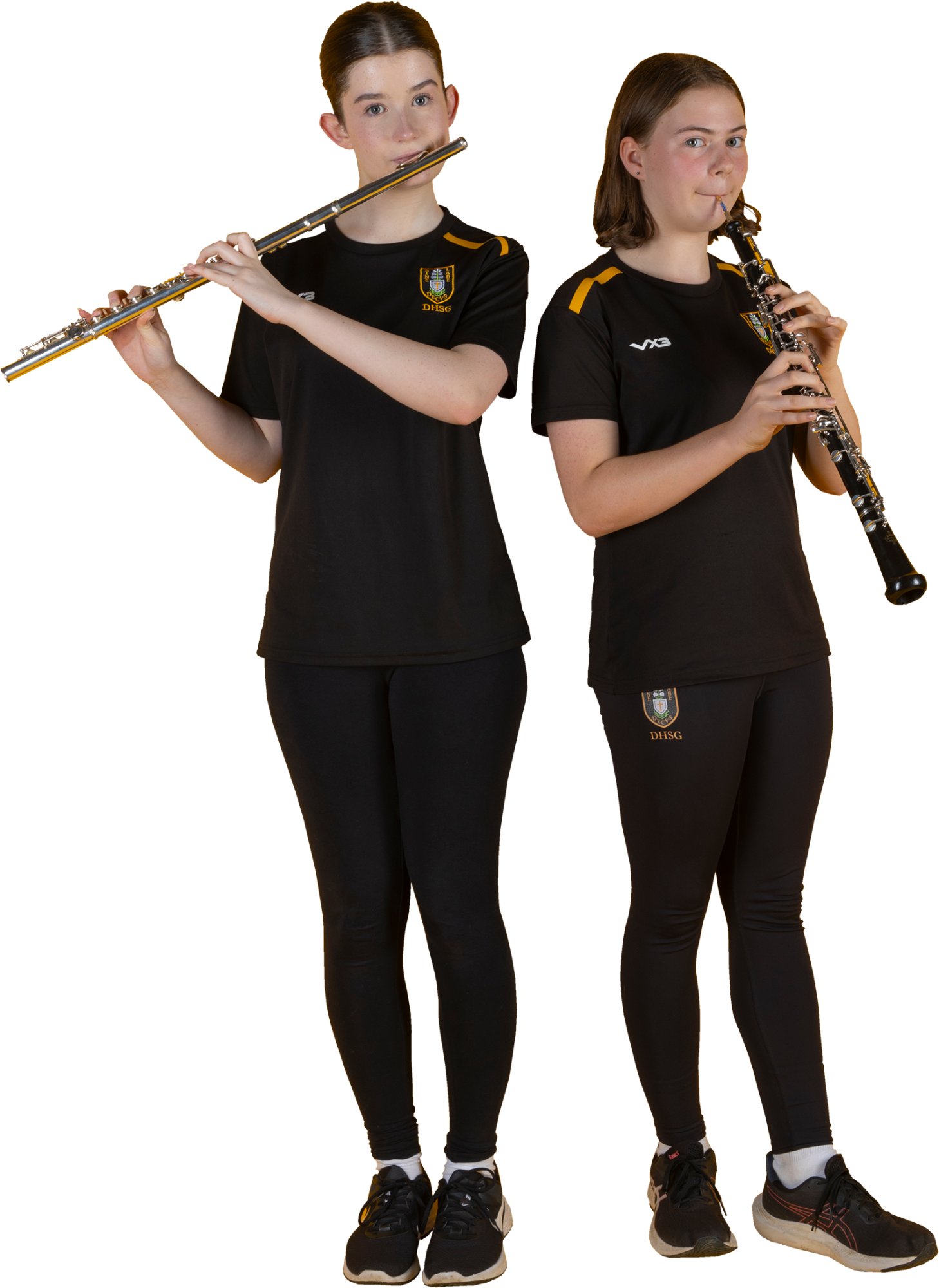Business
Business
Name of Head of Department
Mrs D McMahon, BBs, PGCE
Statement of Intent
The Business department at Devonport High School for Girls aims to develop young business students and knowledgeable entrepreneurs. We aim to deliver an engaging and inspiring 3 year course which will embed students with key skills and knowledge, making them ready for the world of work or to continue with their business pathway at KS5 studying A-level Business. The course at GCSE level aims for students to understand key business concepts, business terminology, business objectives, the integrated nature of business activity and the impact of business on individuals and wider society. The delivery of the specification gives students the opportunity to explore real life business issues and how businesses work, enabling them to utilise this knowledge in their next steps.
The specification for Business is broad but covers these main functional areas: starting up and running small businesses, building a business, influences on business, business operations, human resources, marketing and finance. With a combination of teacher led delivery, independent research, teamwork, competition and presentation activities, we aim to complement the employability skills that they are developing in other subject areas as well as prepare students for the everyday world of working within or running an organisation.
The Business department aims to provide students with:
- the skills and confidence to explore how different business situations affect decision-making, taking into account a range of curriculum concepts. As a knowledge-based curriculum, the department believes that knowledge underpins and enables the application of skills; both are entwined;
- the ability to develop their understanding of concepts, objectives and terminology, and the impact of contemporary issues on business operations;
- learning experiences that are relevant, linked to varying career opportunities and promoting life-skills;
- equipping students with the appropriate knowledge and skills needed to develop their employability whilst identifying business problems and opportunities. We do this by quality first teaching, which ensures students understand underlying business theory that is then applied to a variety of familiar and unfamiliar case studies;
- acquired knowledge that then allows students to develop their analytical and critical thinking skills.
Curriculum Programmes of Study
|
Year |
Cycle | Content |
|---|---|---|
|
Year 9 |
Cycle 1 |
Theme 1 Investigating Small Business |
|
Cycle 2 |
Topic 1.3 Putting a business idea into practice |
|
|
Cycle 3 |
Topic 1.4 Making the business effective |
|
|
Year 10 |
Cycle 1 |
Theme 1 Investigating Small Business: |
|
Cycle 2 |
Theme 2 Building a Business |
|
|
Cycle 3 |
Topic 2.3 Making operational decisions |
|
|
Year 11 |
Cycle 1 |
Theme 2 Building a Business |
|
Cycle 2 |
Knowledge retrieval of Theme 1 and Theme 2 |
|
|
Cycle 3 |
Exam Preparation |
Middle Years Exam and Specification Information
Paper 1 - Theme 1: Investigating small business
Written exam: 105 minutes, 90 marks, 50% of the total GCSE
Multiple choice, calculation, short-answer and, extended-writing questions.
There are three sections in the paper. Each section is ramped, starting with multiple choice questions, moving to short answer questions and ending with extended writing. Sections B and C are based on real life, relevant business contexts and examples.
Overview of Content
Topic 1.1 Enterprise and entrepreneurship
Topic 1.2 Spotting a business opportunity
Topic 1.3 Putting a business idea into practice
Topic 1.4 Making the business effective
Topic 1.5 Understanding external influences on business
Paper 2 - Theme 2: Building a business
Written exam: 105 minutes, 90 marks, 50% of the total GCSE
Multiple choice, calculation, short-answer and, extended-writing questions.
There are three sections in the paper. Each section is ramped, starting with multiple choice questions, moving to short answer questions and ending with extended writing. Sections B and C are based on real life, relevant business contexts and examples.
Overview of Content
Topic 2.1 Growing the business
Topic 2.2 Making marketing decisions
Topic 2.3 Making operational decisions
Topic 2.4 Making financial decisions
Topic 2.5 Making human resource decisions
Full details of the specification and assessment criteria can be found on the Edexcel website Business GCSE (Year 9 , 10 and 11)
Extra-curricular activities
- Enterprise Days
- The Samsung Solve for Tomorrow Next Gen tech for good idea challenge
- Be the Future challenge

